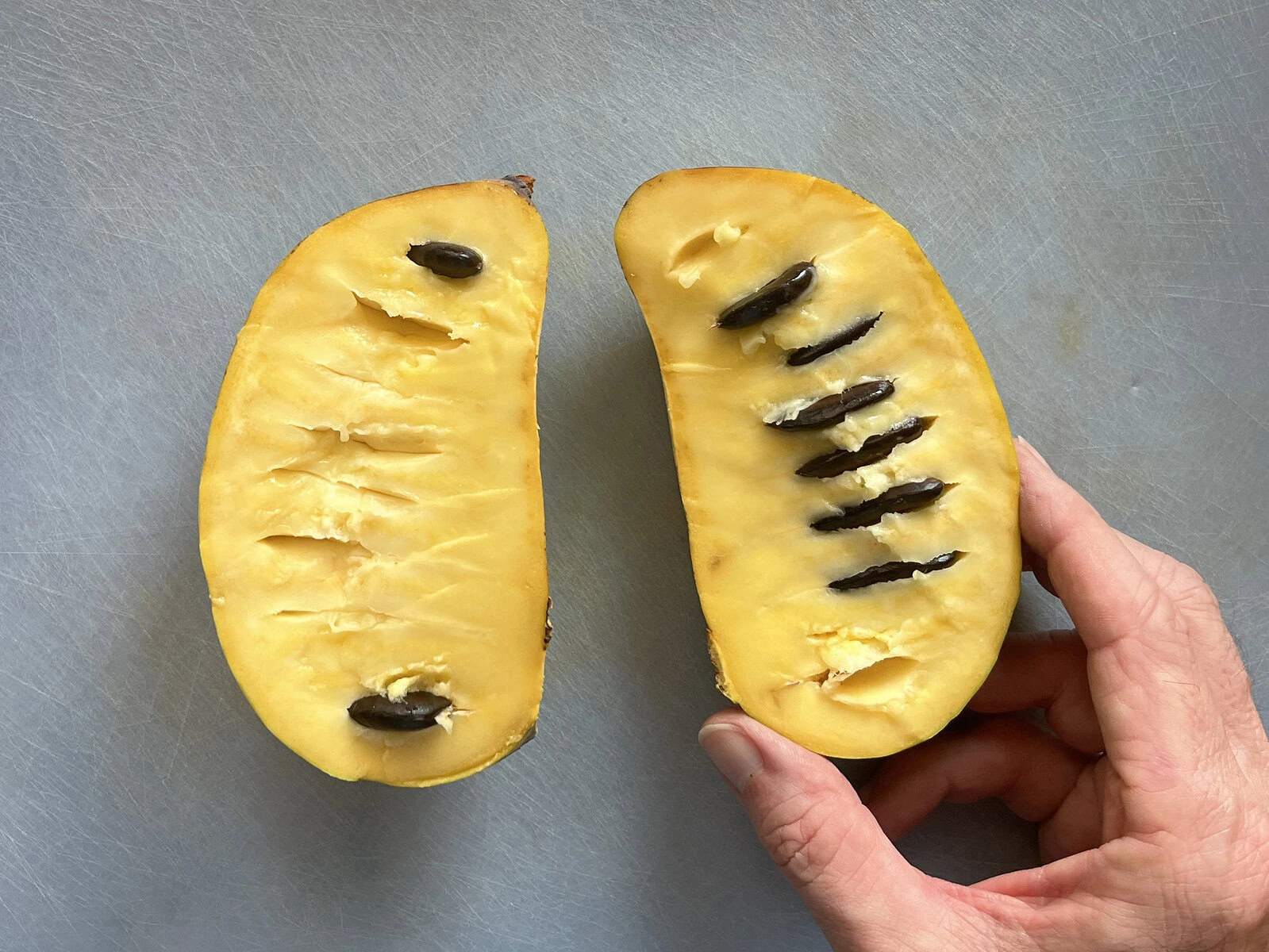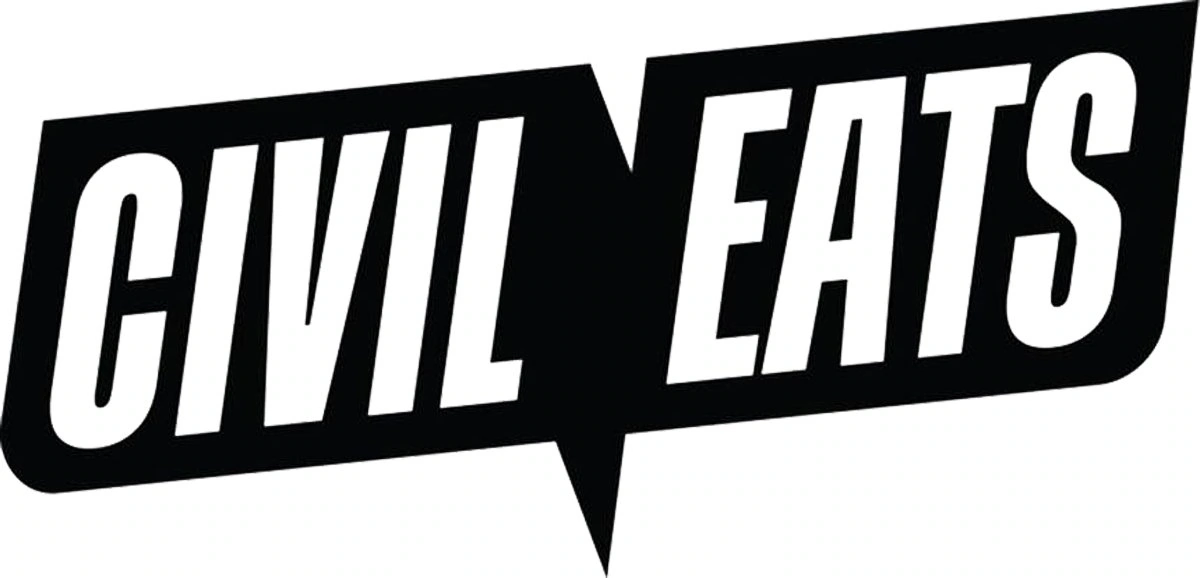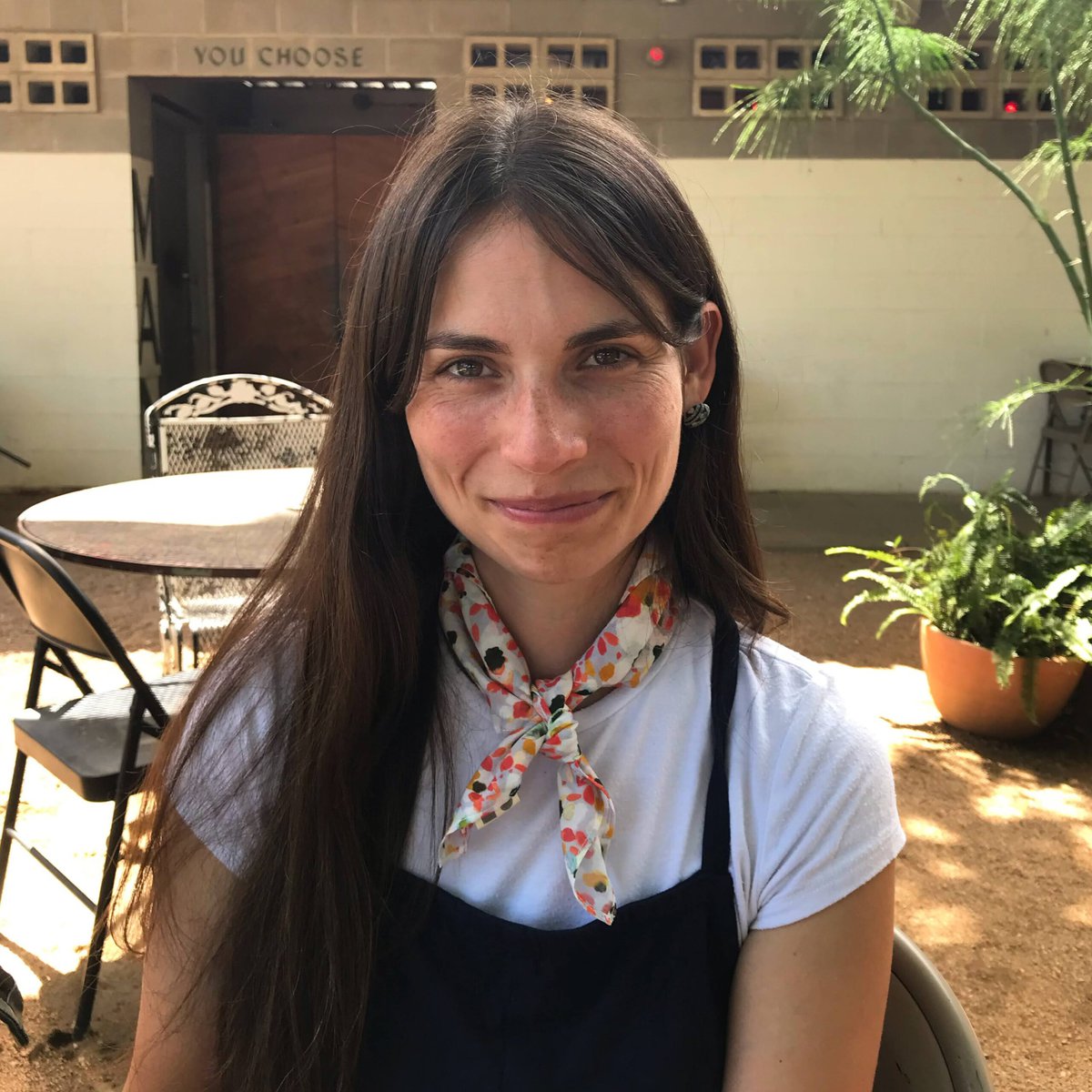Welcome back to our weekly behind-the-scenes glimpse at what’s getting our team talking. Let us know what you think at [email protected].
Something sweet
One of these things is not like the others: apples, bananas, strawberries, pawpaws. Despite being native to the US and delicious — custardy in texture, with a tropical flavor — you won’t find pawpaws on the shelves of most grocery stories. That’s because they’re tough to transport, with a short shelf life and thin skin. But, as Editorial Director Rebecca Worby shares this week, Civil Eats reports that research is being done to “explore and expand [the fruit’s] potential as a sustainable low-input, high-value crop that could figure into the future of small farms” across the eastern US.
Becca says:
This is a delightful story about the pawpaw, which is apparently America’s largest edible native fruit. (Who knew?) Favorite line in the story: One person describes his first bite as “like going to heaven on a surfboard.”

Keep it flowing
Utah’s iconic Great Salt Lake has been shrinking for decades due to drought, climate change and water diversions. Now, a big mining company has voluntarily agreed to reduce its water usage to help the ailing lake. According to a Salt Lake Tribune story that Becca shared this week, in exchange for these water savings, the company will pay less in taxes.
Becca says:
We ran a story about farmers opting to use less water to help save the lake, but this is the first time a mineral extractor has made a deal like this. It’s particularly interesting coming from a company, Compass Minerals, that only recently backed down from plans to up its water-intensive production of lithium.
What else we’re reading
🏞️ With 25% of state land protected, California nears its ‘30×30’ conservation goal — shared by Michaela Haas from the Los Angeles Times
🥦 Food forests rise in Boston. Edible lots create green space – and community. — shared by Rebecca Worby from the Christian Science Monitor
In other news…
The latest story in our A Patient Is a Person series looks at a “culture vitamins” program that’s helping unemployed people in Denmark work through psychological issues. What exactly is a “culture vitamin”? Find out here, and then catch up on the other great stories in the series here.












